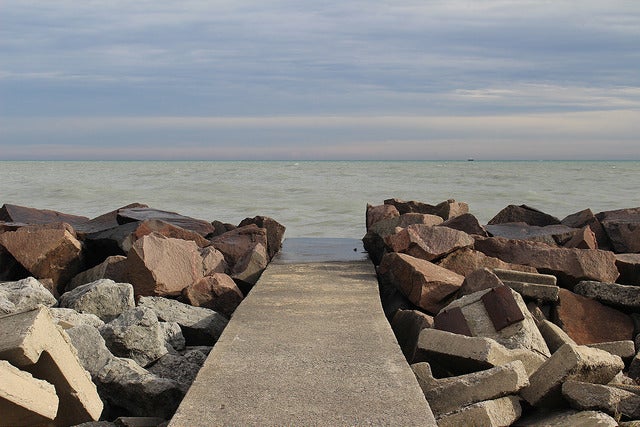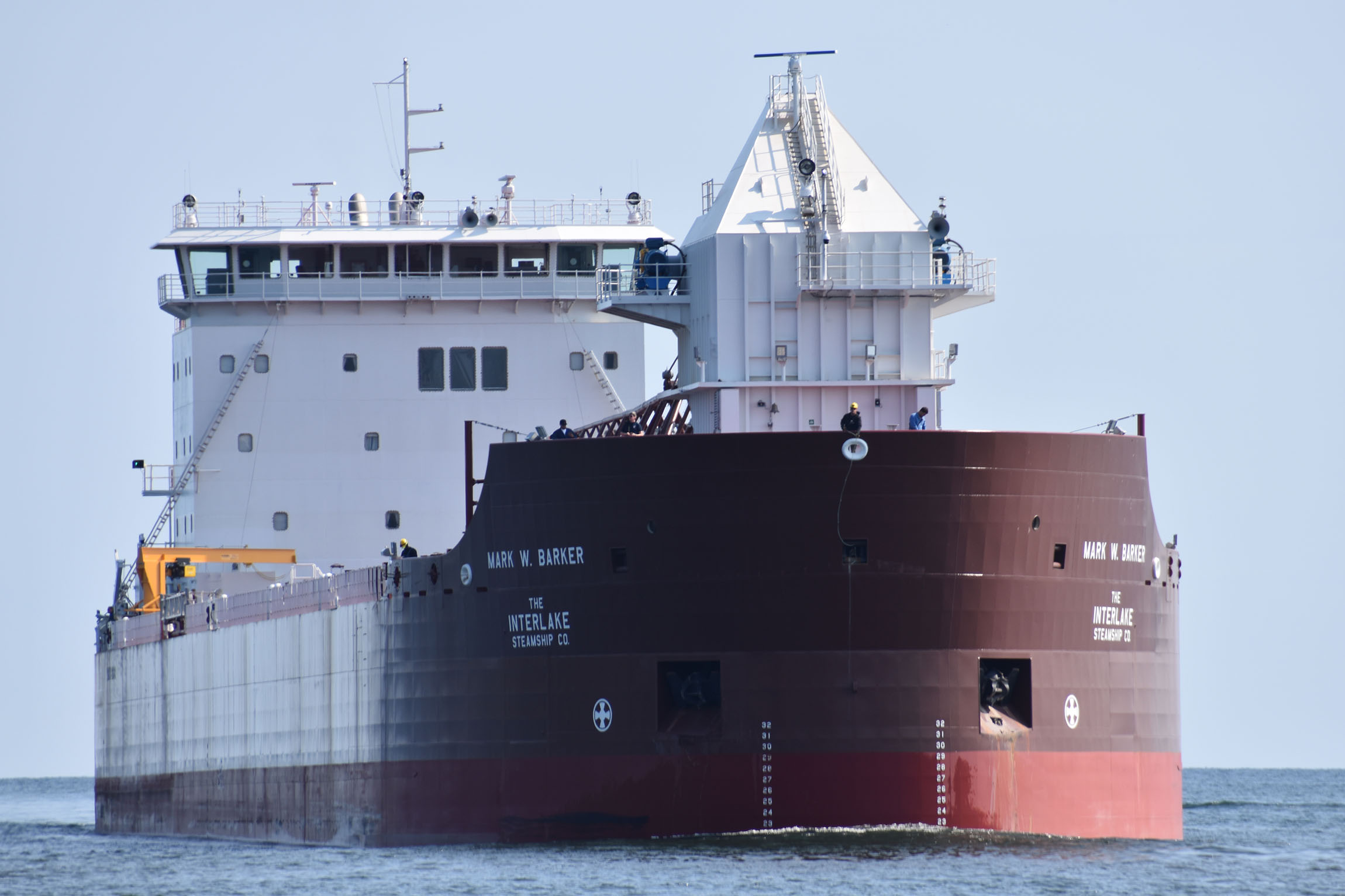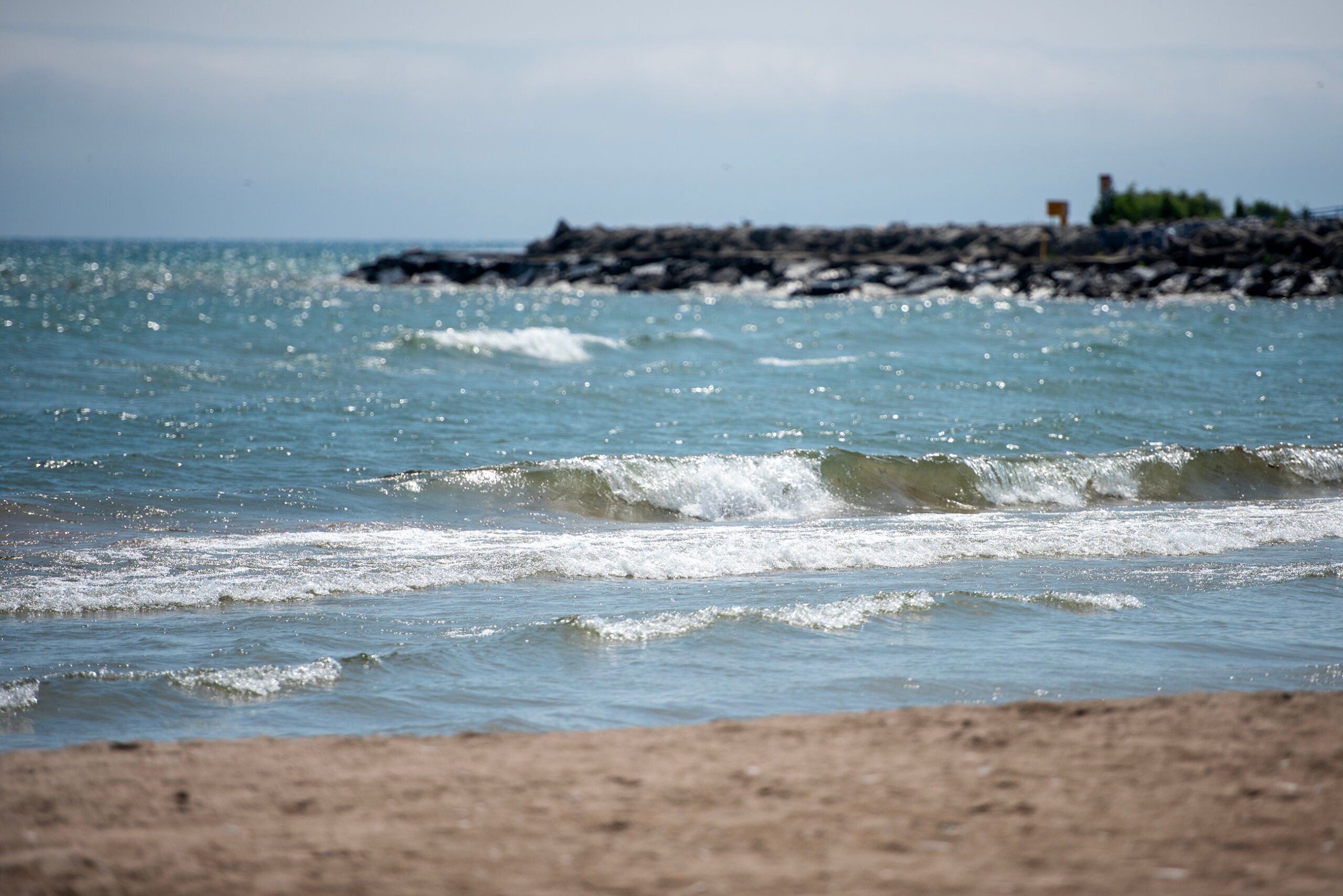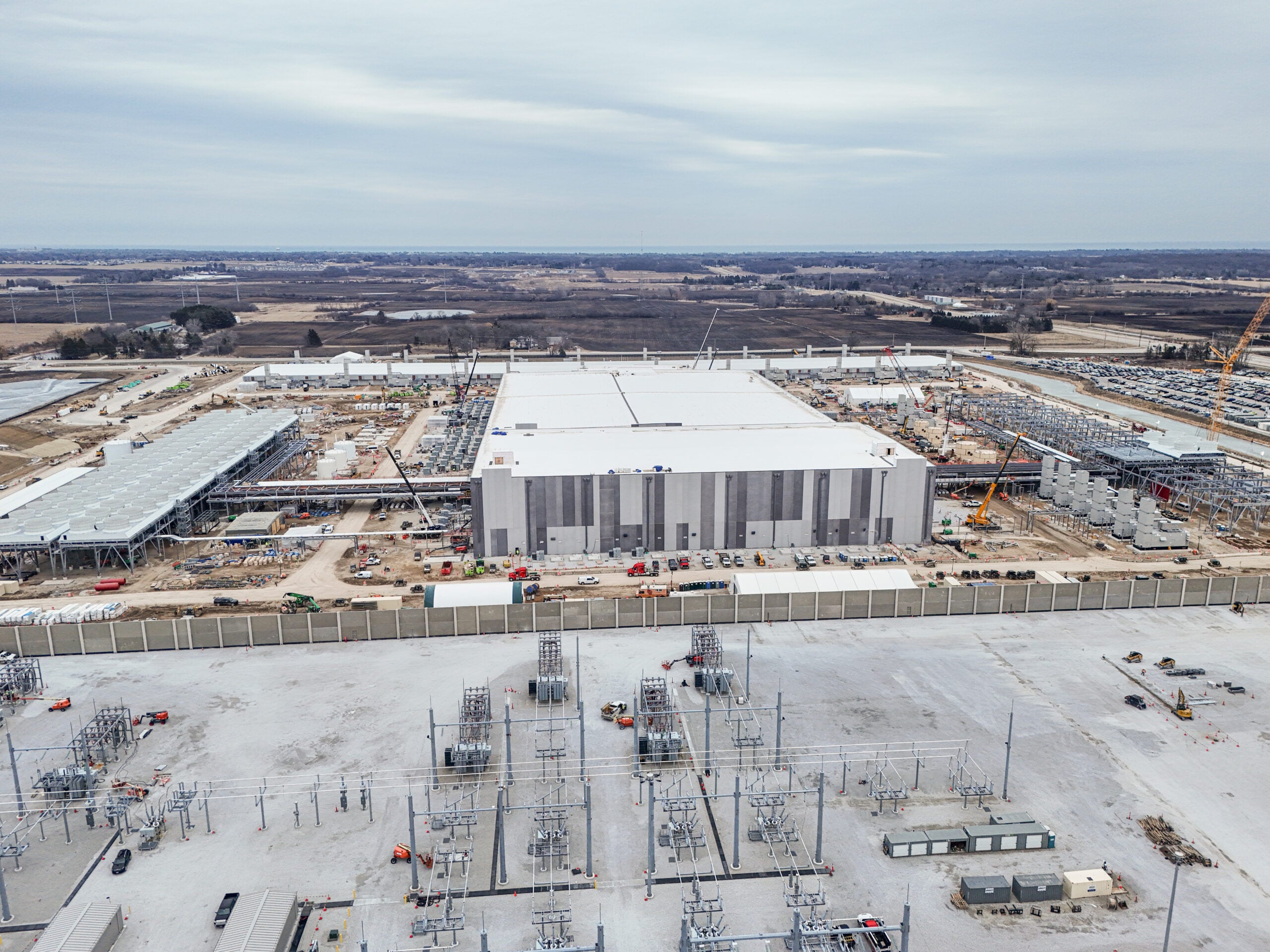An administrative law judge has ruled in favor of Racine’s bid to divert up to 7 million gallons of water a day from Lake Michigan for Foxconn Technology Group.
Last year, the state Department of Natural Resources approved Racine’s application for water diversion. Wisconsin’s decision was challenged by a coalition of Wisconsin- and Minnesota-based environmental groups, led by Madison-based law firm Midwest Environmental Advocates.
Environmental groups argued the diversion wasn’t for “public water supply purposes,” and therefore violated the terms of the Great Lakes Compact which was created to protect the Great Lakes from those outside the basin.
News with a little more humanity
WPR’s “Wisconsin Today” newsletter keeps you connected to the state you love without feeling overwhelmed. No paywall. No agenda. No corporate filter.
Foxconn will use the diverted water in the village of Mount Pleasant, a municipality that is partly located in the basin. To do so required Racine’s water utility to get state approval.
Keith Haas, general manager of Racine Water and Wastewater Utilities, said the ruling vindicates the DNR’s approval a year ago.
“I feel really good for my colleagues in Madison who worked on the application,” Haas said, adding that it will take several years before 7 million gallons of day are diverted.
“I’m not anticipating turning on the faucet and selling 7 million gallons a day,” Haas said. “It could take many years before that entire territory is filled up with buildings and water utility customers.”
Jennifer Bolger Breceda, executive director of Milwaukee Riverkeeper, said there is an obligation to uphold the Great Lakes Compact and to protect and conserve this unmatched freshwater resource for the more than 40 million people who rely on the Great Lakes for their drinking water.
Haas said the Racine Water and Wastewater Utilities has more than enough supply for Foxconn. Racine has lost several large industrial customers in the last 20 years including J.I. Case, Western Publishing, Racine Steel Castings, Walker Manufacturing and Imperial Laundry.
“I hate to say that we could say we could serve Foxconn and TID 5 (the Foxconn development area) without batting an eyelash, but we have done it and a lot more for the last 50 years, we just haven’t done it for the last 20 years,” Haas said. “We have a lot more capacity for a lot more industry.”
Tressie Kamp, staff attorney for Midwest Environmental Advocates, called the ruling disappointing.
“We stand by our interpretation of the public water supply purposes requirement, which prohibits the diversion of Great Lakes water for the benefit of a singular industrial user,” Kamp said. “We will be working with our clients to explore further legal options in this matter.”
Editor’s note: This story was updated with original reporting from WPR. WisContext contributed to this report.
Wisconsin Public Radio, © Copyright 2025, Board of Regents of the University of Wisconsin System and Wisconsin Educational Communications Board.







